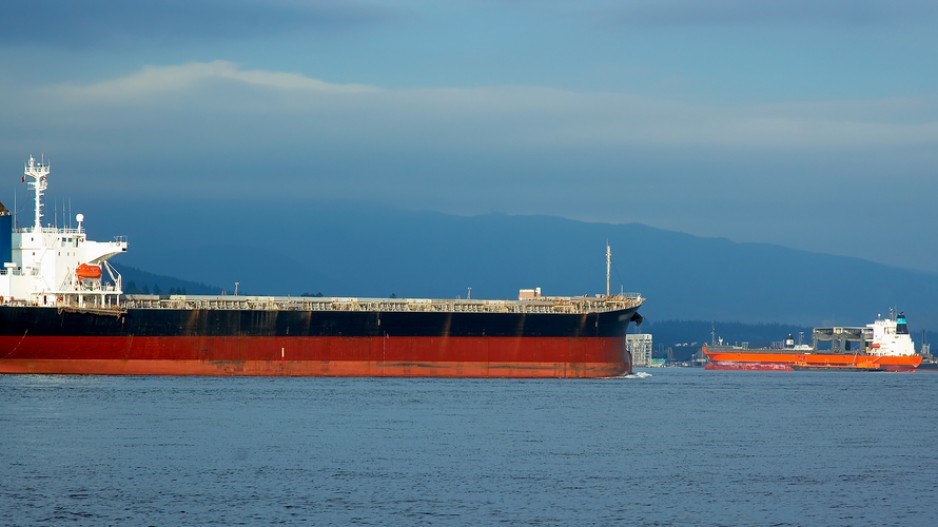Important improvements are needed to Canada's oil spill response plan, including who should pay to clean up should a spill occur, concluded an expert panel after a review of the federal government's tanker safety policies.
In its report, A Review of Canada's Ship-source Oil Spill Preparedness and Response Regime – Setting the Course for the Future, the panel outlined 45 recommendations that it said the government should follow in order to improve Canada's liability and compensation plans for dealing with oil spills from tanker ships.
Polluters should be on the hook for the full cost of any pollution they cause, the report states, and the current $161 million per spill limit should be removed. Canadian taxpayers should not have to bear any of the associated costs, said the panel.
All potential polluters should have thorough response plans for worst-case scenarios, and a timely response is key. Spill planning should be based on geographic-specific risks in order to limit environmental and economic damage.
The complete list of 45 recommendations can be found in the report, available on Transport Canada's website. http://www.tc.gc.ca/media/documents/mosprr/transport_canada_tanker_report_accessible_eng.pdf
"We believe these recommendations are achievable and affordable, and will set the course to enhance Canada's Ship-source Oil Spill Preparedness and Response Regime, including its liability and compensation component," the report states.
The expert panel consisted of Captain Gordon Houston, past president and CEO of the Vancouver Fraser Port Authority, Richard Gaudreau, former lawyer with experience in admiralty and maritime law and Michael Mackay Sinclair, former director of oceanography in Dartmouth, Nova Scotia.




